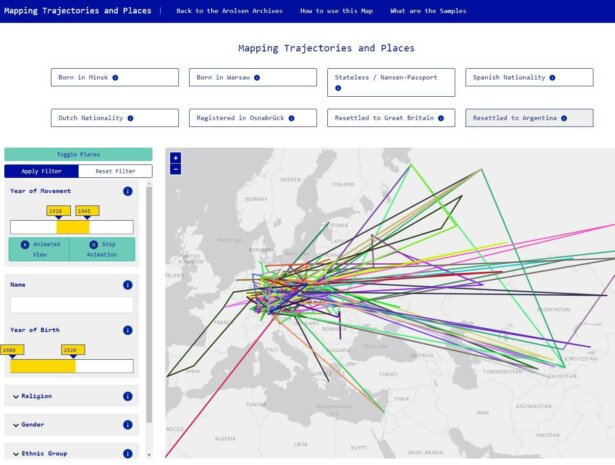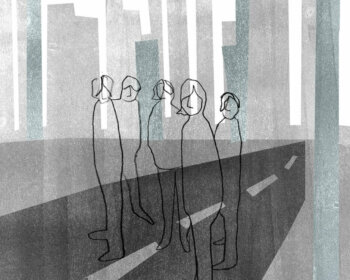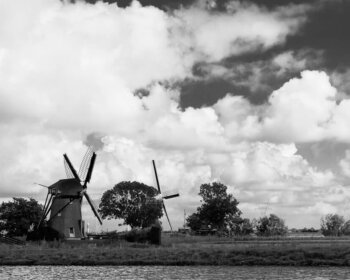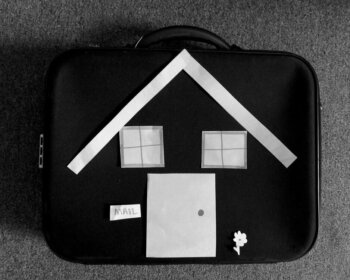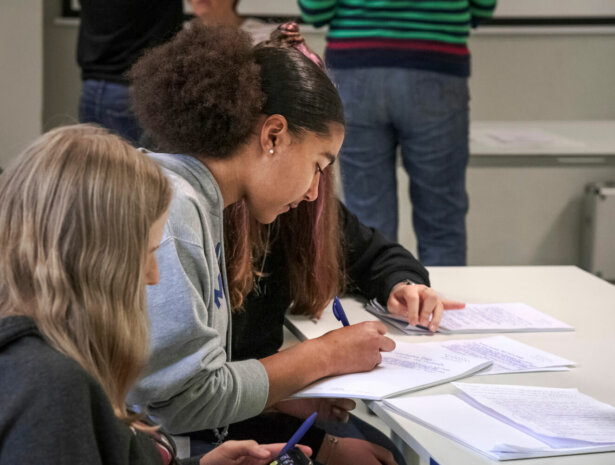TransRem | Arolsen Archives - Home page
Transnational Remembrance of Nazi Forced Labor and Migration
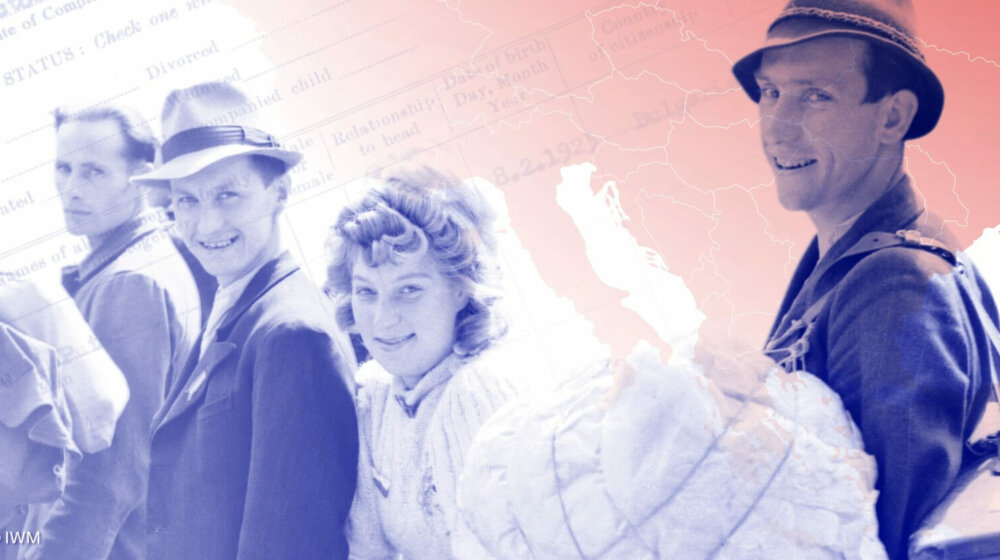
The period following the end of the Second World War was characterized by constant migration: people were on the move. Millions of former forced laborers and other people who had been uprooted as a result of the war – and who were now defined as Displaced Persons (DPs) – lived in various camps, returned to their native countries, or emigrated to the USA, Australia, New Zealand, and South America, or to other European countries.
The aim of the “Transnational Remembrance” project is to use specific examples to explore the wide variety of paths they took and to research the places connected with their migration. The paths of life of more than 1700 liberated East and West European forced laborers and other DPs can be traced online. The trails that lead from their places of birth through the places where they did forced labor to the towns they emigrated to form a network that spans the entire world.
Story Maps
The Story Maps present the special conditions which surrounded the lives and emigration of specific groups of DPs. They throw light on the fate of Displaced Persons who emigrated to Great Britain, for example, or who received treatment for trauma.
Participating organisations
“Transnational Remembrance” is a joint project of NIOD Institute for War, Holocaust and Genocide Studies, the Institute for Migration Research and Intercultural Studies (IMIS) at the University of Osnabrück, History Workshop Minsk and the Arolsen Archives – International Center on Nazi Persecution. The project was financed by the Foundation “Remembrance, Responsibility and Future” (EVZ).
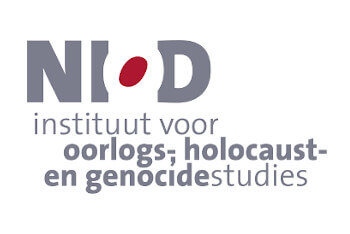
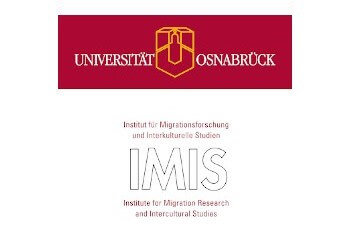
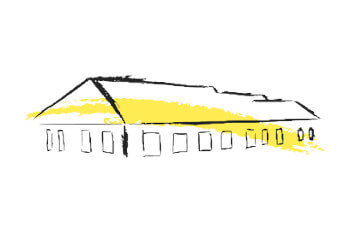
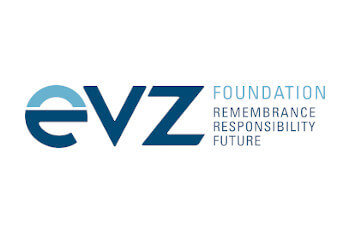
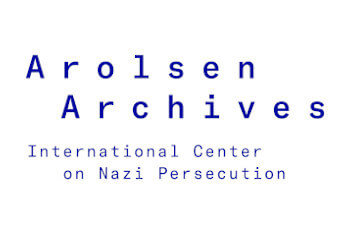
Contact
Please contact us if you would like to add an individual Story Map on a person you are related to or on someone you have researched. “Transnational Remembrance” is supposed to grow and contributions are more than welcome. Feel free to contact us if any questions arise.

